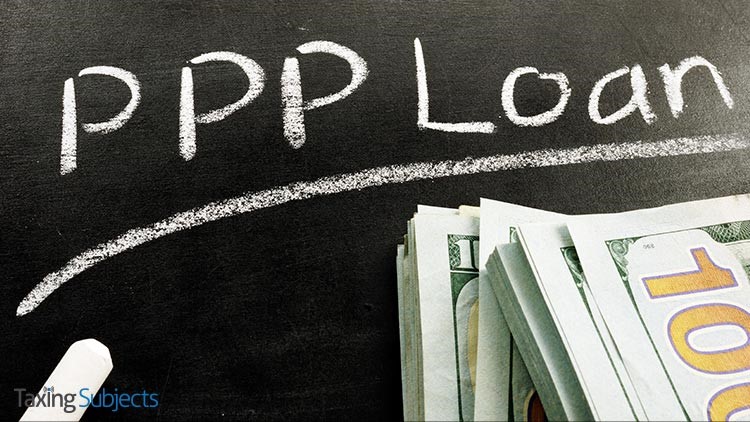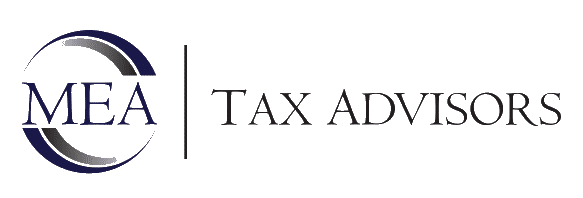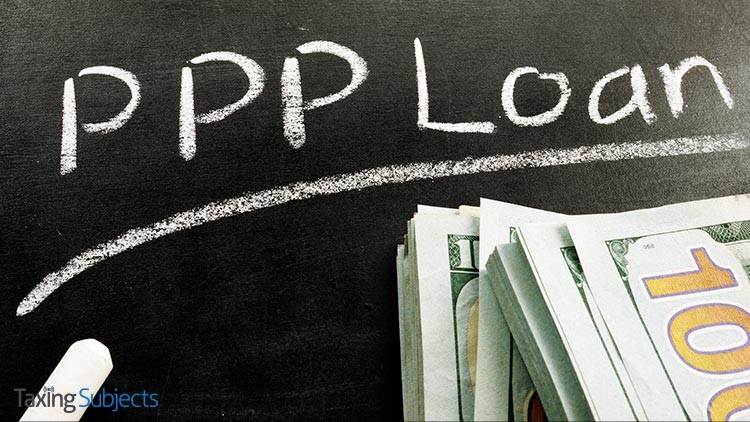
The American Institute of CPAs (AICPA) is encouraging small businesses to apply for Paycheck Protection Program (PPP) loans ahead of the June 30th deadline. The Institute sees the recently signed PPP Flexibility Act as a “critical, positive step for small business and the nation’s economy.”
The PPP Flexibility Act includes a number of key provisions:
- Allows forgiveness for expenses beyond the 8-week covered period to 24 weeks;
- Extends the timeframe to restore employee levels to Dec. 31, 2020;
- Increases the current limitation on nonpayroll expenses (such as rent, utility payments and mortgage interest) for loan forgiveness from 25% to 40%;
- Allows new borrowers five years to repay loan instead of two; existing PPP loans can be extended up to five years if lender and borrower agree; and
- Ensures full access to payroll tax deferment for businesses that take PPP loans.
The AICPA’s website has an additional summary of the Act’s main points.
The Institute’s leadership says it’s behind the PPP loans because they help a vital sector of the American economy: small business.
“CPA firms have worked tirelessly to help their small business clients understand, as best possible, the PPP’s policies and apply for financial relief,” said Mark Koziel, CPA, AICPA executive vice president of firm services. “Some small businesses may have hesitated to apply for PPP funds because of challenges with the old forgiveness rules. We encourage CPA firms to share how the PPP Flexibility Act greatly improved these rules, which may help more small businesses apply for relief.”
An economy on the mend?
Erik Asgeirsson, CEO and president of CPA.com, said recent unemployment numbers provided a measure of optimism on the “significant” impact the PPP program is having in retention and rehiring of workers.
“Over the past two months, the 44,000 CPA firms tied to the AICPA have played a critical role in delivering this needed business relief to their clients. We are going to continue to work with the AICPA-led coalition to help answer new questions related to these recent changes,” Asgeirisson said.
AICPA says it’s been a strong advocate for giving small business better flexibility and guidance on the use of PPP funds. Institute posts have noted that recent PPP guidance left a lot of unanswered questions and didn’t provide enough flexibility for loan recipients. This made it tough for small businesses — and the CPA firms that advise them — to make critical decisions.
AICPA has created a loan-forgiveness calculator to give small business a commonly accepted approach to PPP loan forgiveness. It was built with the input from AICPA’s small-business funding coalition. The group’s members provide services and support to businesses that employ more than 75 million people in total.

